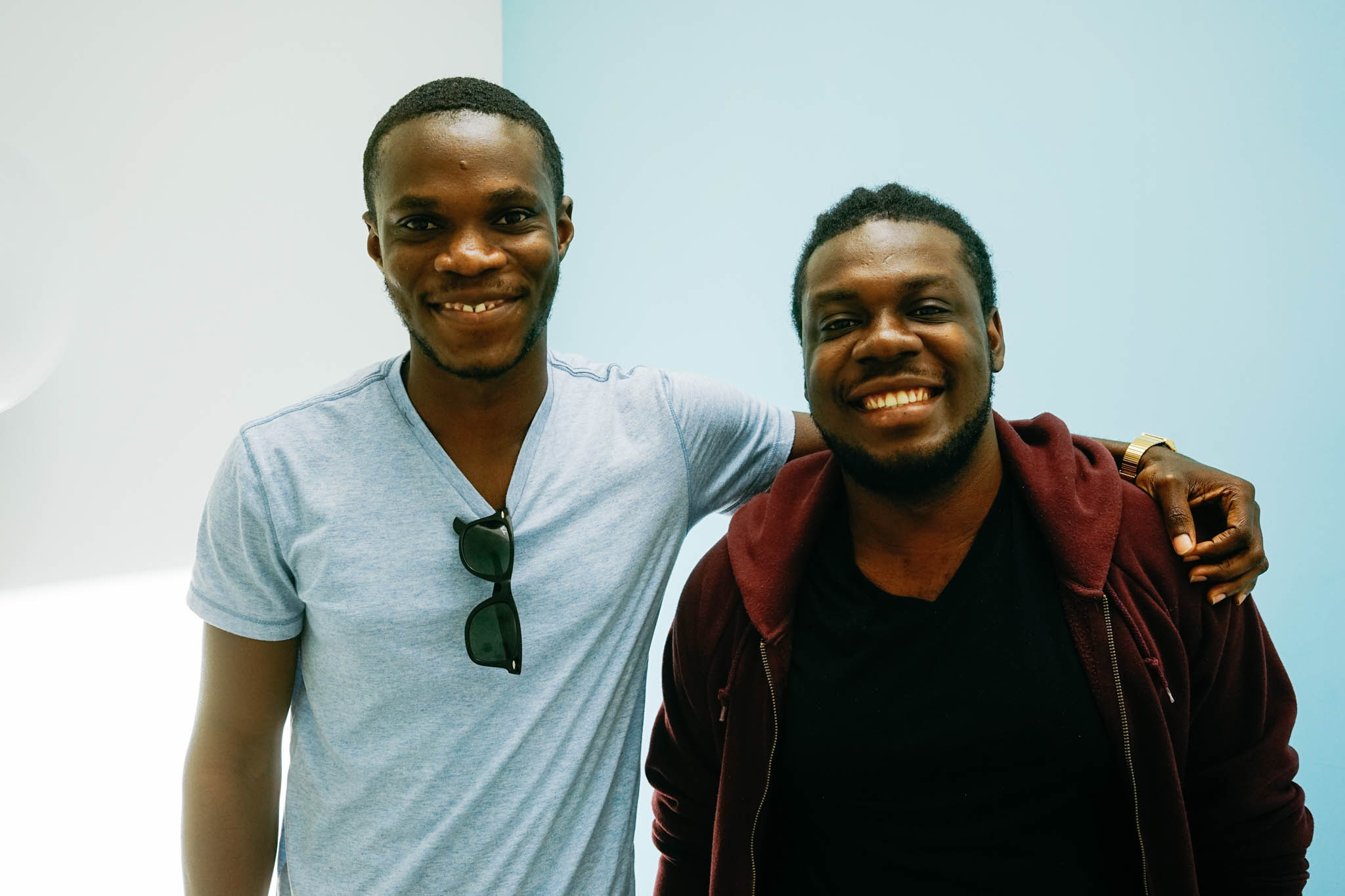OMG Digital is BuzzFeed for Africa

OMG Digital is creating a publication for Africa’s 250 million millennials. Their first site, OMGVoice, focuses on entertainment and lifestyle content that caters to Kenya, Ghana, and Nigeria. Since its launch 5 months ago, OMGVoice has grown its readership to 3 million unique monthly readers.
“A lot of African media companies are stuck in the past. They’re trying to recreate the print experience online,” says Jesse Ahin Ghansah, co-founder of OMG Digital. “When people go to those websites, they have a bad experience because the sites are not optimized for mobile. We’ve had mobile in mind since day one.”
In 2016, brands spent more than $3 billion online to reach young Africans, hoping to reap the rewards of the $1.3 trillion that the continent is projected to spend in 2020. That said, most brands aren’t connecting with the African audience effectively.
“The majority of millennials are on mobile. Brands that buy ads on websites are wasting a lot of money. They aren’t reaching the audience they want to reach.” says Prince Boakye Boampong, the co-founder of OMG Digital. “We help brands find their audience more effectively through content people engage with and enjoy.”
OMG Digital will soon launch a food and tech vertical, and will expand to new countries including Tanzania, South Africa, Uganda, and Zambia by the end of the year.
“OMG Digital’s founders, Jessie and Prince, impressed us immediately with their knowledge, energy, and intelligence. Together, they had already built OMG into a media force in Africa in remarkably little time, and we have confidence they will go on to be a dominant player in a rapidly growing market. Funding these founders was a slam dunk for YC,” says Geoff Ralston, Partner at Y Combinator.
OMG Digital’s founders are Jesse Ahin Ghansah and Prince Boakye Boampong. In 2006, Prince built Africa’s first music streaming and download company, BigX, which reached 30 million downloads.
